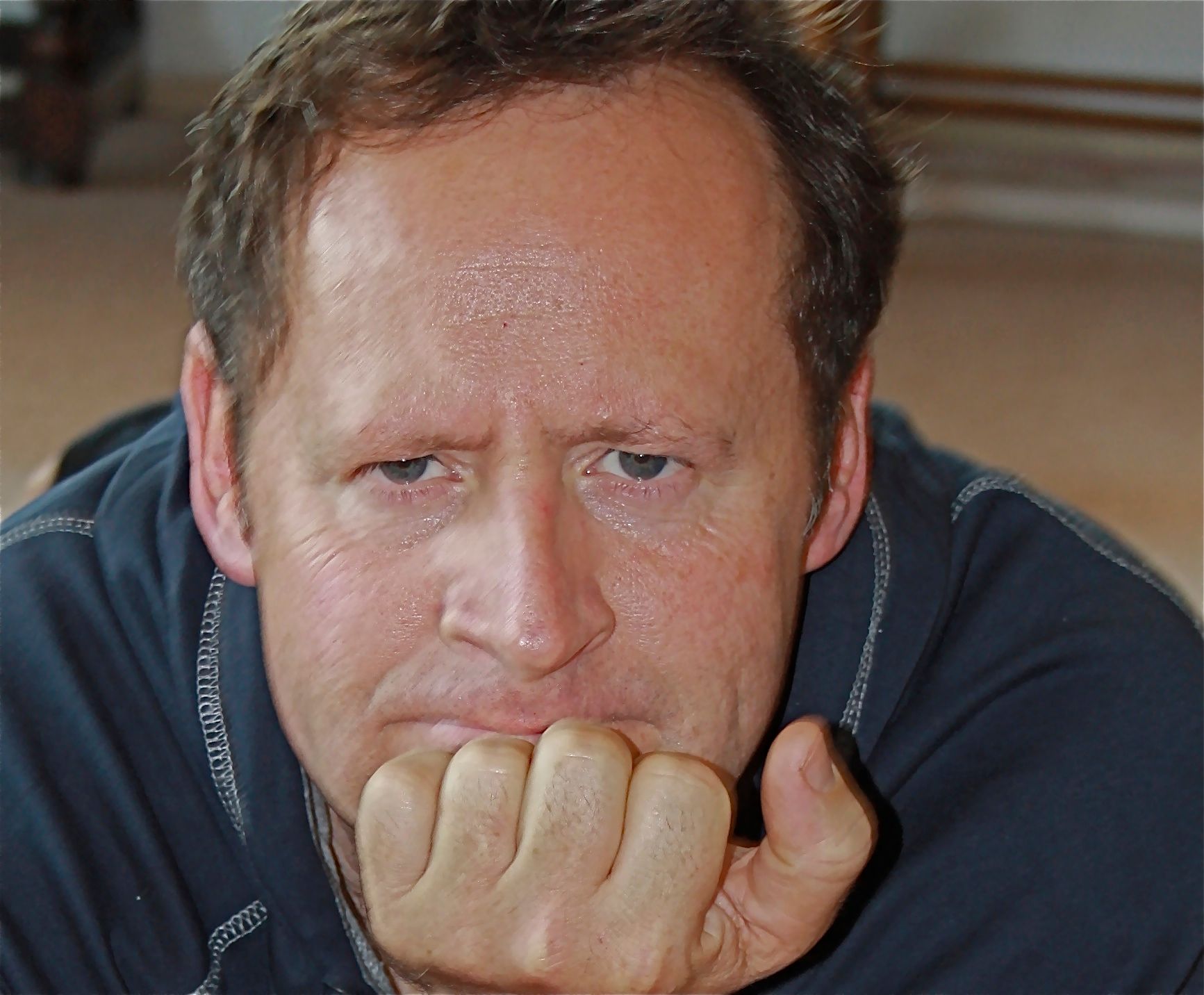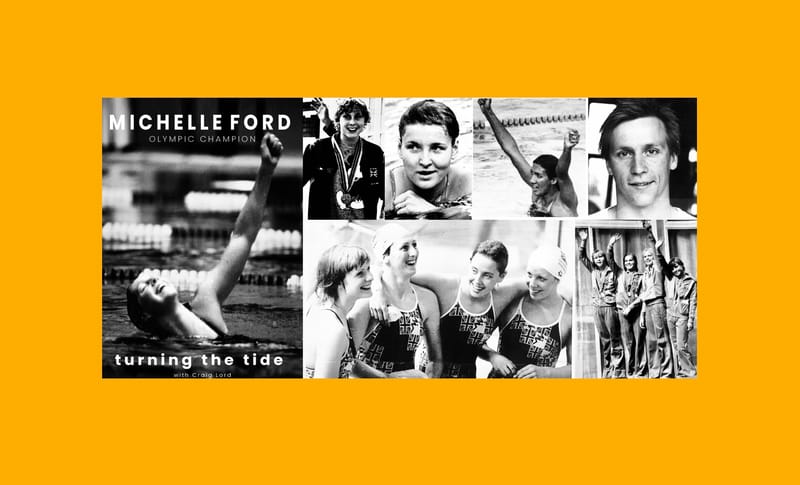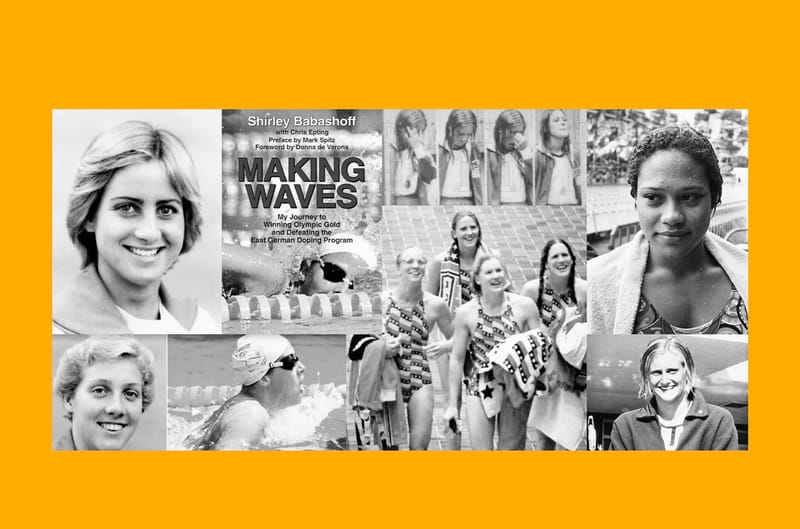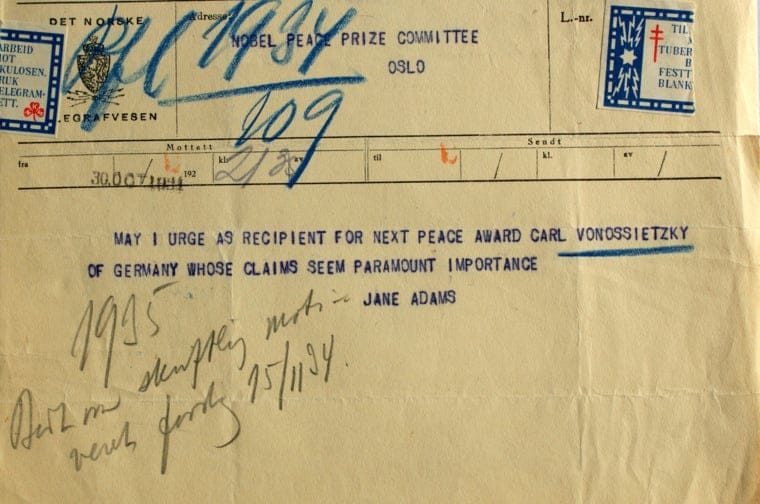FORUM: A Toast To Families, Coaches & Other Perennials Of Summer Swim Season
FORUM: Much water under bridge and over stone since I covered the first of the 17 World Long-Course Champs I've reported on. Here's a short trawl, tribute and note on Swimbledon vs Wimbledon, plus a Timeline & 'History of Swimming' entry from when it all began half a century ago - 1973-1975
THEMA - WORLD CHAMPS &
SWIMBLEDON VS WIMBLEDON
World Championships are nigh and when the open water gets underway on Tuesday and pool swimming follows from July 27 to August 3, it'll be the fourth long-course showcase in straight succession.
It will also be the 22nd championships since it all began in 1973 - and the 17th edition I'll be covering as a reporter. Much water over stone and under bridge since the last Worlds and podium swims of German 'Albatross' Michael Gross.
Perth 1991 was a championship that featured Hungarian legend-on-the-rise Krisztina Egerszegi before her 2:06 epic over 200 back later the same year.
The American stars of Seoul 1988 were there, too: Janet Evans following up on her triple-gold role at Seoul 1988 with victories in the 400 and 800 free; and the meet witnessed the last big sprint victories of Seoul, 5-times gold and 7-medal hauler Matt Biondi and his dash teammate and rival Tom Jager before the advent of the absent Sprint Tsar-to-be, Alex Popov.
We saw Martin Lopez Zubero delivering Spain's first world title in the 200 back before he claimed his nation's first Olympic gold in the pool a year later a a home Games in Barcelona; and Surinam's Anthony Nesty following up on his Seoul pioneering as the first black swimmer to claim Olympic gold as the first to claim a World title. He and Lopez Zubero have since risen up the coaching ranks, Nesty as Gators boss in Gainesville and a USA head coach no less.
In Perth, we witnessed sparkling global debuts from Nicole Haislett, Summer Sanders, Hayley Lewis, Linley Frame, each with a global crown to wear by the close of play; a 4:12 world 400m record and the first sub-2-minute 200 in the mix of a 200-400 medley double from Tamas Darnyi; the advent of his teammate Norbert Rosza, who matched the 1:01.49 World record that Olympic champion Adrian Moorhouse had set in 1989 and equalled twice after that. In the final, Rosza claimed the mark for himself in 1:01.45. And now, a certain Adam Peaty holds the standard at a staggering 56.88 but won't be in Singapore though intends to be back at prevailing best for a fourth Games in 2028.
The Western Australian turn of a tide in swimming also marked the end of Vladimir Salnikov's reign as 1500m World record holder, Jorg Hoffmann (also a national-team coach for many years since) the 400-1500m winner of a 30-length duel 0.22sec ahead of a new distance powerhouse just getting started, Kieren Perkins, with the champion's teammate Stefan Pfeiffer, who delivered the first sub-15-minutes podium in history.
There were no World records in the women's events at the dawn of a post-GDR* era in 1991. (*see various references in our Timeline and 'History of Swimming in 100 ... ' series below). And we saw the first wave of a Chinese women's team that would end the decade associated with GDR Mark II because of the vast number of doping cases that afflicted them and their nation in the 1990s.
For 14 of the 17 editions of the championships I've covered, I did so live in venue at 14 of them, one meet covered remotely because of FINA's love-in with Putin; another because there was simply no budget (and not a single mainstream or niche British media outlet was present in Fukuoka in 2023); and the last, a year ago in Doha, because, frankly, it was intercalated, not like any of the other 20 championships, an event held for covid-contract-catch-up sake and far from the draw of a gathering of the best in the world.
No disrespect to those who did attend, for better or worse, but Doha was an event that simply added another pile of asterisks to the history of a sport drowning in them.
And here we are, on the cusp of No22. A good moment to mention the folk who, largely, won't be mentioned much at all, parents, some able to travel, many not, siblings with their own goals and adventures going on far from the spotlight, coaches, sports scientists and others key to outcomes but watching back home, and other perennials of summer swim season who make their own versions of what swimmers often refer to as 'sacrifices', the struggles and compromises and difficult choices required just to be in a position to be there and get the job done knowing that passion for the sport is far greater than the pay day it doesn't deliver.
Three cheers to all of them, particularly the families and the home coaches who can't be there come the big one and have often subsidised (heavily) and supported their dedicated swim talents along a rollercoaster of outcomes at personal cost, many a missed family occasion - and, in many cases, not without compromising their own goals and potential in life.
Here's a glimpse of what that looks like from the swim mom of one of the greats of swimming history...





